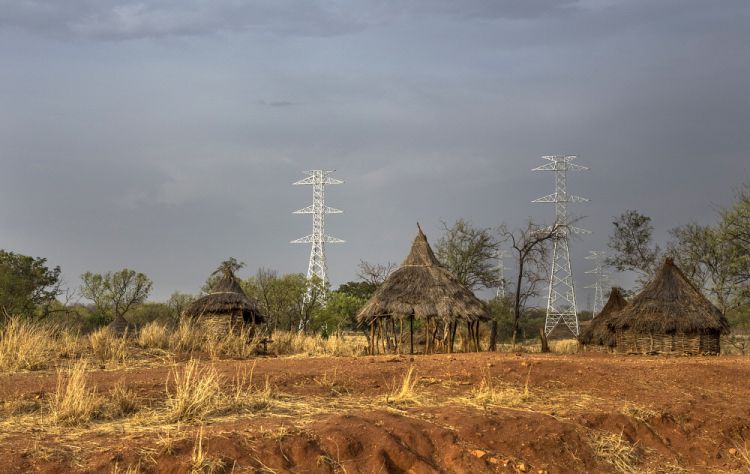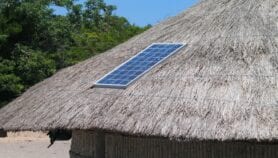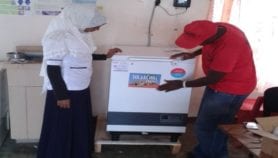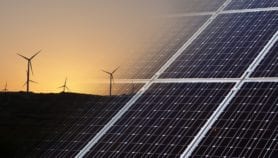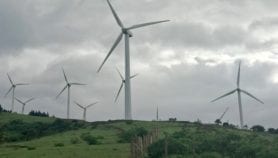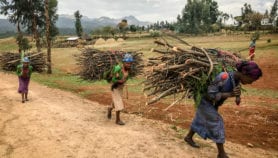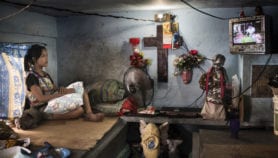By: Baraka Rateng’
Send to a friend
The details you provide on this page will not be used to send unsolicited email, and will not be sold to a 3rd party. See privacy policy.
[NAIROBI] A new initiative, Scaling Off-Grid Energy: A Grand Challenge for Development, will invest US$36 million to empower entrepreneurs and investors to connect 20 million households in Sub-Saharan Africa with off-grid energy by 2030.
The initiative was announced at the US Global Entrepreneurship Summit last month (23 June) by USAID administrator Gayle Smith.
“Most countries are unlikely to connect their entire populations to grid electricity for years, if not decades”
Chris Jurgens, Center for Transformational Partnerships at USAID and Scaling Off Grid Energy: A Grand Challenge for Development
Power Africa, initiated in 2013 by US President Barack Obama to increasing access to electricity across Africa, and USAID's U.S. Global Development Lab have launched the initiative to empower entrepreneurs and investors to grow a market and connect households living outside the electricity grid with modern, clean and affordable electricity.
Partnering with the U.K’s Department for International Development and the Shell Foundation, the initiative aims to build a vibrant market across Sub-Saharan Africa by supporting growth of innovative entrepreneurs to make off-grid solutions affordable for rural families with profitable business ventures as well as catalyse private investments for them to spread to new markets.
The Grand Challenge is also set to drive new technological innovation to address market growth constraints in specific countries.
Chris Jurgens, director of the Center for Transformational Partnerships at USAID and Scaling Off Grid Energy: A Grand Challenge for Development leader tells SciDev.Net that over 600 million people in Sub-Saharan Africa do not access electricity.
“Most countries are unlikely to connect their entire populations to grid electricity for years, if not decades. As a result, many households rely on expensive, polluting, and unsafe kerosene and diesel for their energy needs,” he says.
Off-grid clean energy solutions, he explains, provide a market-based, cost-effective way to access electricity for communities off connections. “Off-grid solutions help improve quality of life for households by providing clean, reliable energy that can do everything from lighting up the night for children to do their school work to charging cell phones and running household appliances.”
He says off-grid renewable energy solutions, especially household solar sector, is critical to reaching that goal “as the cost of solar technologies is rapidly falling, while the cost of alternatives such as kerosene is rising, making the economics more attractive.” But they are open to supporting other low-cost, renewable energy solutions.
They will provide early-stage entrepreneurs with technical support, financial access, drive customer demand, strengthen the marketplace for off-grid solutions and address market barriers.
Jurgens says, “Energy access affects us all, but women disproportionately face the greatest energy challenges, and it affects education and economic opportunities.”
He adds: “When women and girls spend their daylight hours gathering firewood and other household chores, they miss out on participating in other activities like education and economic ventures.”
Shashank Verma, Head of Advisory Services at the UK-based Global Village Energy Partnership, says Off-Grid Energy Challenge is a welcome initiative. “It is incentivising productive power applications like solar refrigeration, which has huge potential to add value to agri-value chains and create additional income for low-income communities”.
But Verma says this initiative may face challenges such as the ability to attract local financing, influencing the regulatory aspect and the investment finance is little and can easily be absorbed by just two to three countries to achieve meaningful impact.
This piece was produced by SciDev.Net’s Sub-Saharan Africa English desk.
More on Energy
Multimedia
African innovator turns plastic waste into liquid fuel
Francis Kantavooro has produced a locally assembled reactor that turns plastic waste into16/12/19


